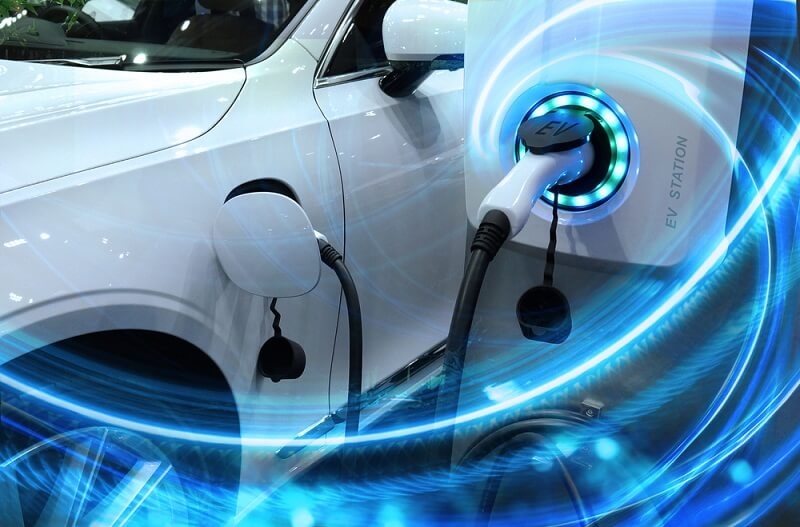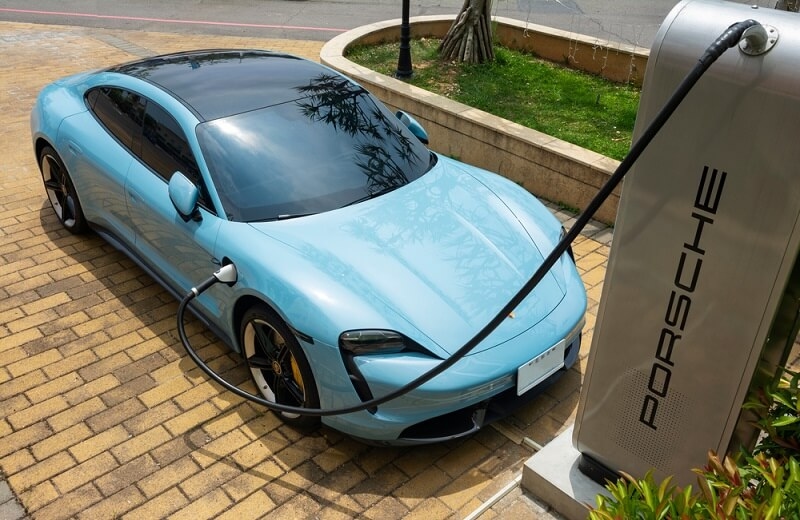
The area of electric mobility has seen significant developments—manufacturers have started to offer performance-oriented vehicles that truly change the model for sustainable driving. In this electric vehicle (EV) review guide, we will cover the key elements of electric vehicles, including range, charging time, and performance, to help you make an informed decision about which electric vehicle is right for you. This includes the longstanding rivalry between Tesla and Rivian.
Thanks to big leaps in electric vehicle manufacturing, you’ve got more choices now—everything from sleek luxury SUVs to budget-friendly sedans that handle daily commutes without breaking a sweat. If you really want to find the right fit for your life and wallet, pay attention to factors such as range, charging options available to you, and how you actually drive. That’s what makes the difference.
Electric vehicles (EVs) are no longer something to be imagined in the future; they are a reality. These eco-friendly and practical vehicles can now be purchased as alternative options to conventional vehicles. The manufacturers of car brands have invested billions of dollars in research and development to expand the driving range, decrease charging time, and improve battery performance.
Car brands such as Rivian, Hyundai, Ford, and Tesla are blurring the boundaries of sleek designs and futuristic software. This increased competition means that EV drivers enjoy greater EV range and affordability than ever before.
When you read reviews of electric cars, one of the first figures you'll spot is the driving range. Comparing ranges for all electric vehicles will help you understand how far a car can travel on a single charge, a crucial specification for those driving long distances.
For example, Tesla vehicles on the market are consistently touted for their range—often exceeding 300 miles on a single charge—while Rivian trucks prioritize a balance of efficiency and utility. Regardless, showcasing these discussions will help you determine which vehicle is best suited to your driving style.
Pro Tip: Check the range in the real world instead of relying solely on official range estimates. The actual range will also vary based on weather, terrain, and driving speed.

Another important factor for EV ownership is the convenience of charging. Depending on the charging source and battery size, the charging time for electric vehicles varies greatly between vehicles.
There are three established levels of charging:
Tesla owners also commonly have the advantage of utilizing Tesla's Supercharger network, making charging easy and convenient for enthusiasts traveling domestically across the US. Rivian is also creating its own Adventure Network that will focus on off-road vehicles and outdoor use. When researching electric cars as a market, consider whether the vehicle offers fast DC charging and how it compares to its rivals.
Having an efficient charging infrastructure is not only convenient but also significantly determines the practicality of owning an electric vehicle in the long run.
Comparing Tesla to Rivian is examining two distinct philosophies of electric vehicles. Tesla emphasizes technology, efficiency, and their sleek style, while Rivian emphasizes adventure-ready cars with premium interiors and off-road capabilities.
For city and commuter drivers, Tesla offers several advantages, particularly in its Model 3 and Model Y, in terms of convenience and technology. In contrast, Rivian’s R1T and R1S excelled in outdoor-based situations, where their ruggedness and versatility were clear advantages.
Ultimately, the Tesla versus Rivian discussion is more about considering your lifestyle than which brand is better.
A primary reason for the appeal of electric vehicles is their performance. The driving experience in an EV today is characterized by torque on demand, quiet motoring, and instantaneous acceleration. Let's consider a few aspects of EV performance.
When considering luxury vehicles like the Tesla Model S Plaid or the Porsche Taycan Turbo S, it is easy to understand how close electric performance can be to that of a sports vehicle, other than the lack of emissions. You can also find entry-level models, such as the Hyundai Ioniq 5 or the Chevrolet Bolt, that offer incredible power and efficiency for the price.
When trying to find the best EV, it is always beneficial to test drive it to get a better feel for real-world comfort and handling. The performance figures on paper may seem impressive, but a significant part of the driving experience is how it feels.
Choosing the perfect EV depends on your individual priorities. Here are the best EVs for driving lifestyles, based on electric vehicle reviews and personal accounts:
Thanks to improvements in battery life and production efficiency, these models are currently the best EVs on the market. They combine comfort, innovation, and sustainability.
The prospects for electric cars appear favorable, as the industry continues to improve battery density, reduce charge times, and enhance safety features. Additional infrastructure is coming together, and before you know it, taking long road trips in an electric vehicle will be as easy as fueling your gasoline car.
Automakers are also developing solid-state batteries with excellent heat resistance, which may have a significant impact on the performance of EVs. These batteries offer greater energy density and shorter charge times. Increasing environmental awareness, along with tax rebates and credits, has made owning an electric vehicle more appealing than ever.
Electric vehicles have transitioned from niche luxury products to mainstream transportation options. Based on electric car reviews, advancements in EV range comparison, EV charging time, and overall EV performance show that today’s best EVs can satisfy every type of driver—from tech-savvy commuters to adventure seekers. The age of sustainable, high-performance mobility has truly arrived.
This content was created by AI